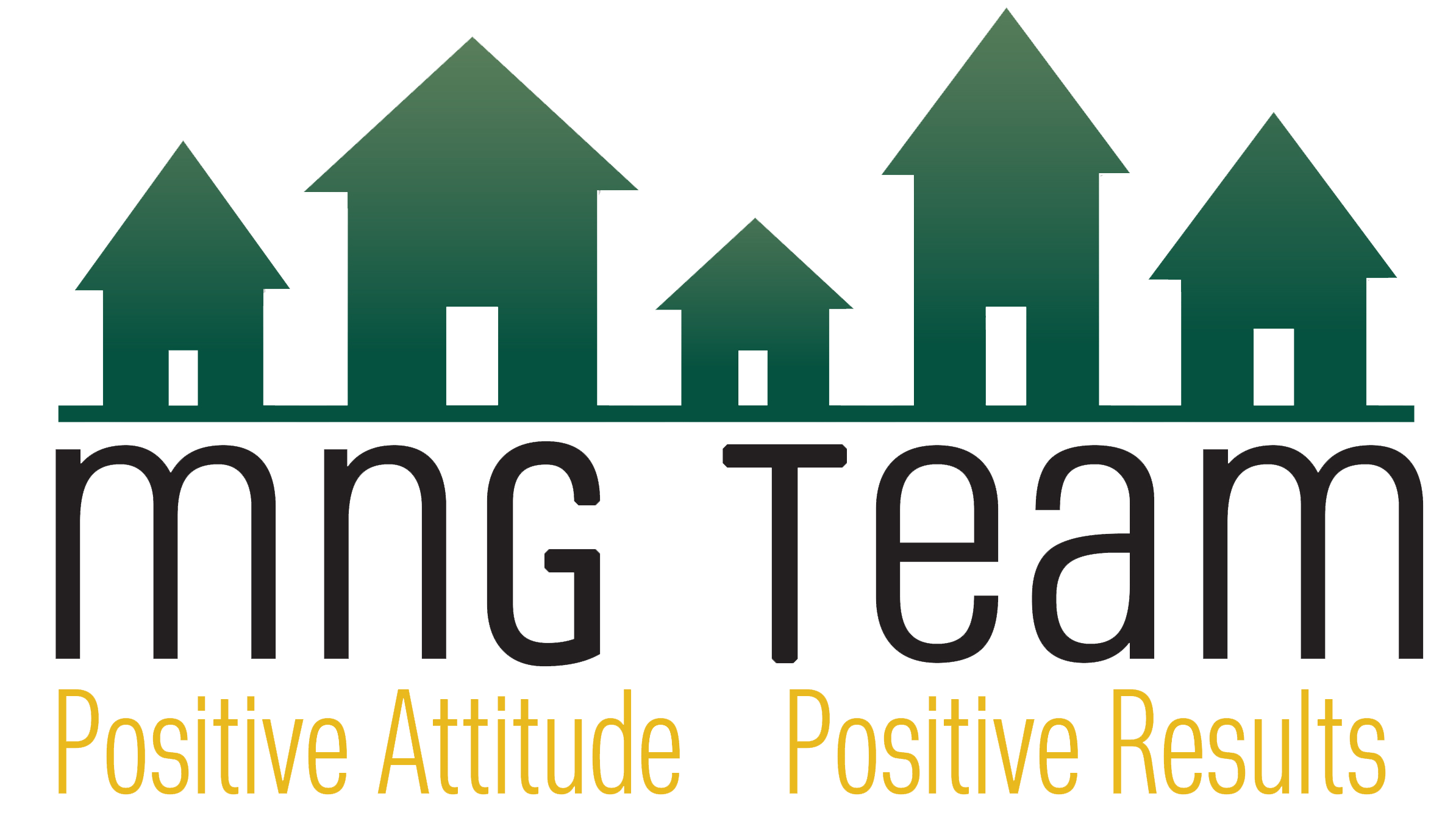The Great Build-Up: Toronto Aims for 65,000 Homes, but Can the Budgets and Bricks Align?
The City of Toronto has recently made a significant move in addressing its housing crisis by approving a plan that aims to construct 65,000 new rent-controlled homes by 2030. This ambitious initiative comes at a crucial time when the demand for affordable housing is soaring, leaving many residents on subsidized housing waitlists, grappling with extended wait times in Toronto and Ontario.
Toronto's subsidized housing waitlist has become a pressing concern, reflecting the growing need for affordable housing. As of 2022, the waitlist for subsidized housing in Toronto has reached 14 years for a one-bedroom unit, leaving many individuals and families in precarious living situations. The prolonged wait times for subsidized housing in Toronto and Ontario have escalated the housing crisis, raising questions about the efficacy of current housing policies and underscoring the urgency for a comprehensive solution.
In response to the escalating housing crisis, the City of Toronto has taken a monumental step by approving a plan to build 65,000 new rent-controlled homes by 2030. This strategic initiative is a beacon of hope for those on the subsidized housing waitlist, offering a potential remedy to the extensive wait times for housing in Toronto. The plan identifies 52 city-owned locations ready for housing construction, estimating that 16,000 to 17,500 rent-controlled homes could be built on these sites. It further recommends an additional 40 locations for potential housing development.
The city plans to act as a developer, leading construction at five sites, signaling a proactive approach to tackling the affordable housing crisis. However, concerns have been raised about the city's expertise in building homes and the potential misuse of resources. The plan, which aligns with promises from Mayor Olivia Chow's election platform, aims for a "transformational" approach to housing. Yet, it faces skepticism and unresolved issues regarding funding and implementation.
To comprehend the significance of this new housing plan, a brief historical overview of housing and affordable housing in Toronto is essential. Toronto has a rich history of grappling with housing challenges, with various approaches employed over the years to address the evolving needs of its residents.
Historically, Toronto has been a builder of affordable housing, with notable projects like 844 Don Mills Road showcasing the city's commitment to providing housing options for its diverse population. Understanding this history provides context for the current housing crisis and the necessity for bold initiatives like the approved plan.
The demand for affordable housing in Toronto has reached unprecedented levels, necessitating a comprehensive response from the government. The approved plan to build 65,000 new rent-controlled homes acknowledges the urgent need for more housing options. This initiative aims not only to reduce the subsidized housing waitlist but also to address the underlying issues contributing to the housing crisis.
Despite the pressing need for more affordable housing, various challenges hinder the construction of such housing in Toronto. Restrictive zoning rules, a challenging market, complex approval processes, and community opposition create significant obstacles. Developers face market challenges, including a shortage of skilled labor and increased costs of building materials, further complicating the construction of affordable housing.
While the newly approved plan holds promise for addressing the housing crisis, its impact on the city's budget cannot be overlooked. The estimated cost of around $36 billion raises questions about the feasibility of the plan and its long-term financial implications. As the city takes on the role of a developer at multiple sites, the allocation of resources and potential budgetary strains warrant careful consideration.
Amidst the optimism surrounding the approved housing plan, there are notable criticisms that merit attention. Some councilors expressed concern about the city's expertise in construction and the potential misuse of staff time and resources. The debate includes questions about whether the city acting as a developer is the right solution for Toronto's housing crisis. Councillor Brad Bradford, a critic, raises concerns about potential challenges in execution without the necessary expertise.
Toronto's approval of a plan to build 65,000 new rent-controlled homes by 2030 marks a significant milestone in addressing the city's housing crisis. While the plan offers hope for those on subsidized housing waitlists, it is not without its challenges and criticisms. The city's history as a builder of affordable housing adds depth to the understanding of this initiative. As Toronto navigates the complexities of implementing this ambitious approach, the outcomes will undoubtedly shape the future of affordable housing in the city.
Your market
Curious where our market falls on this split and what it means for you?
Get in touch, and we’ll tell you everything you need to know.




